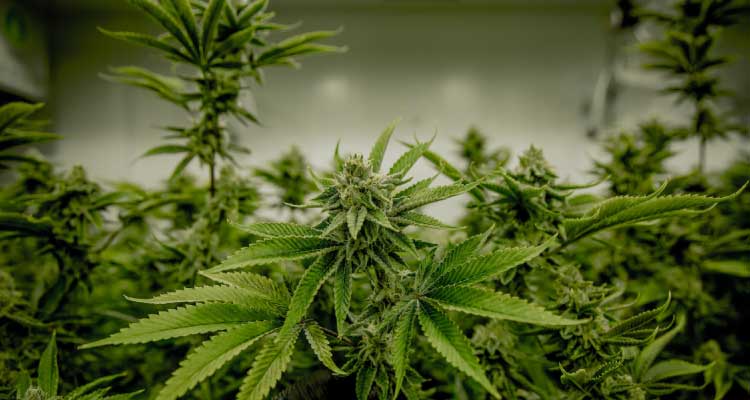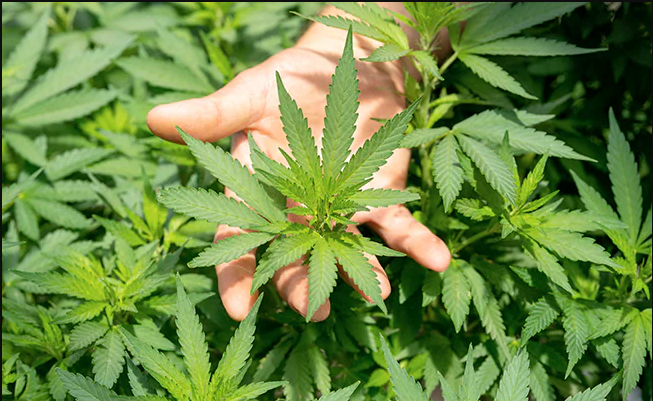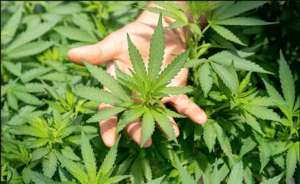Hemp Law: Unraveling the Legal Landscape of a Versatile Plant
In recent years, the topic of hemp and its legal status has become a hot-button issue in many countries. Hemp, scientifically known as Cannabis sativa L., is a versatile plant that has been cultivated for thousands of years for its various industrial, medicinal, and nutritional uses. However, due to its close association with marijuana, another variety of Cannabis sativa L., hemp has been entangled in a complex web of laws and regulations that differ from one jurisdiction to another. In this blog, we will explore the history, current state, and potential future of hemp law.
A Brief History of Hemp and its Use
The use of hemp dates back to ancient civilizations, where it was an essential crop for producing fiber used in textiles and ropes. Over time, people discovered its medicinal properties and used hemp extracts for various ailments. Hemp was an integral part of global economies until the early 20th century when its association with marijuana led to its prohibition.
The Hemp-Marijuana Dilemma
Hemp and marijuana are both varieties of the Cannabis sativa L. plant, but they have distinct differences. The primary distinction lies in the concentration of tetrahydrocannabinol (THC), the psychoactive compound responsible for the “high” experienced with marijuana use. Hemp contains extremely low levels of THC (usually less than 0.3% in the United States), while marijuana can contain much higher levels, typically ranging from 5% to 30% THC.
Despite this crucial difference, hemp was often unjustly classified under the same category as marijuana, leading to its prohibition in many countries during the 20th century. This unfortunate categorization stifled the potential of hemp and hindered its development as a valuable industrial and agricultural resource.
The Legalization of Hemp
Thankfully, the misunderstanding surrounding hemp gradually began to dissipate in the late 20th and early 21st centuries. Countries around the world started to recognize the importance of distinguishing hemp from marijuana, leading to changes in hemp law.
In the United States, the 2018 Farm Bill was a landmark legislation that legalized the cultivation and commercialization of hemp at the federal level. This bill removed hemp from the list of controlled substances and defined it as cannabis with less than 0.3% THC. As a result, farmers in the U.S. could grow hemp legally, and the hemp-derived products industry saw explosive growth.
Several other countries have also reevaluated their hemp laws, allowing for the cultivation and use of hemp with varying degrees of regulation. However, the legal status of hemp is not uniform across the globe, and it’s crucial to understand the laws and regulations in each jurisdiction.
The Booming Hemp Industry
The legalization of hemp has opened up exciting opportunities across various sectors. Hemp is now utilized in industries such as:
- Textiles and Fashion: Hemp fibers are durable, biodegradable, and eco-friendly, making them an attractive alternative to conventional textiles.
- Construction: Hempcrete, a mixture of hemp hurds, lime, and water, is used as a sustainable and lightweight building material.
- Food and Nutrition: Hemp seeds are rich in protein, healthy fats, and various vitamins and minerals, contributing to the growing popularity of hemp-based food products.
- Medicine: Hemp extracts, such as CBD (cannabidiol), are being studied for their potential therapeutic effects, although regulations and research are ongoing in this area.
Challenges and Future Outlook
While the legalization of hemp has been a significant step forward, challenges persist. One of the primary concerns is the lack of uniformity in hemp laws worldwide. This inconsistency hinders trade and creates confusion for consumers and businesses operating across borders.
Additionally, the close relationship between hemp and marijuana continues to cause stigma in some regions, influencing restrictive regulations and policies.
However, despite these challenges, the future looks promising for hemp. As society becomes more environmentally conscious and seeks sustainable alternatives, hemp’s potential to reduce our reliance on less eco-friendly materials gains traction. Furthermore, ongoing research into the various applications of hemp may unveil even more benefits and possibilities.
Conclusion
Hemp law has come a long way from its prohibition in the past. The journey from misunderstanding and misclassification to legalization and recognition has been significant. As we move forward, it is essential for governments and stakeholders to work together to establish clear and consistent regulations that foster the growth of the hemp industry while addressing any legitimate concerns.
The versatility of hemp, coupled with its potential positive impact on various sectors, makes it a plant worthy of attention and support. By embracing hemp’s potential responsibly, we can take a step closer to a more sustainable and innovative future.








